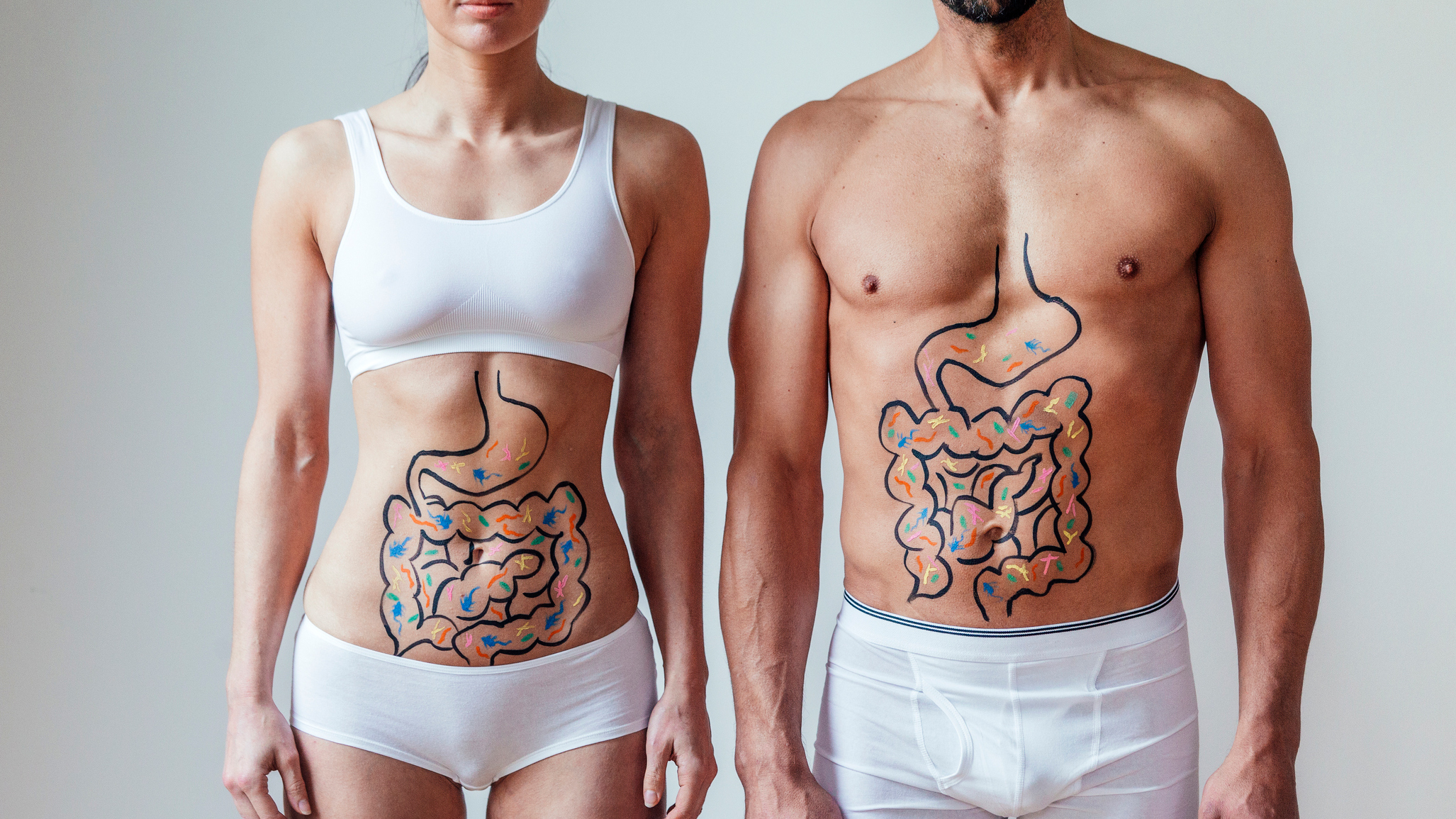Gut health: What to eat to reduce your COVID-19 risks
A new study shows how poor gut health could increase the severity of COVID, and how to reduce the risks


Start your week with achievable workout ideas, health tips and wellbeing advice in your inbox.
You are now subscribed
Your newsletter sign-up was successful
The COVID-19 crisis persists and intensifies around the world, despite the vaccines on the horizon. We know COVID-19 can have serious short-term and long-term effects. However, what you might not know is that despite COVID-19 being a respiratory disease, it can also have seriously harmful effects on the gut.
A new study from the American Society of Microbiology found people with existing poor gut health tend to get more severe COVID-19. The study found a "sizeable" fraction of patients hospitalized with breathing problems also have gastrointestinal troubles such as diarrhea and vomiting, suggesting COVID increases the severity of the disease.
"The whole world is suffering from this COVID-19 pandemic," said microbiologist Heenam Stanley Kim, Ph.D. "But what people do not realize is that the pandemic of damaged gut microbiomes is far more serious now."
Even if you do contract COVID, it might not make its way to the gut. But if your gut health is already bad, the virus could cause a series of gastrointestinal problems. According to Kim, we can reduce the likelihood of getting more severe COVID by ensuring we maintain good gut health.
This includes being careful about what we eat. Fibre is essential to keeping our bowel movements healthy and regular, preventing you from getting constipated and guarding against bowel cancer. You can get more fibre from whole grain-based bread, pasta, rice and breakfast cereals. It's also in pulses and legumes, fibrous veg like carrots and broccoli and fruit such as apples and pears.
Drinking more water is also great for gut health, while the best fish oil supplements can act as anti-inflammatories, preventing all kinds of harmful conditions.

The UK's John Hopkins University found probiotics are only effective in around 36% of studies. The UK National Health Service recommends taking probiotic supplements every day for at least four weeks before seeing any kind of benefit.
Start your week with achievable workout ideas, health tips and wellbeing advice in your inbox.
There's no harm in adding some good bacteria to the mix, but probiotic yoghurts are unlikely to have much of an effect. It's a bit of a marketing ploy.
There are a few foods to avoid, too: coffee, chocolate, fizzy drinks, very spicy foods and caffeinated drinks can all trigger acid reflux, depending on the potency and quality of those foods.
Peppermint tea, on the other hand, has been known to quell digestion problems and most varieties are caffeine free.
Liked this?
Matt Evans is an experienced health and fitness journalist and is currently Fitness and Wellbeing Editor at TechRadar, covering all things exercise and nutrition on Fit&Well's tech-focused sister site. Matt originally discovered exercise through martial arts: he holds a black belt in Karate and remains a keen runner, gym-goer, and infrequent yogi. His top fitness tip? Stretch.
